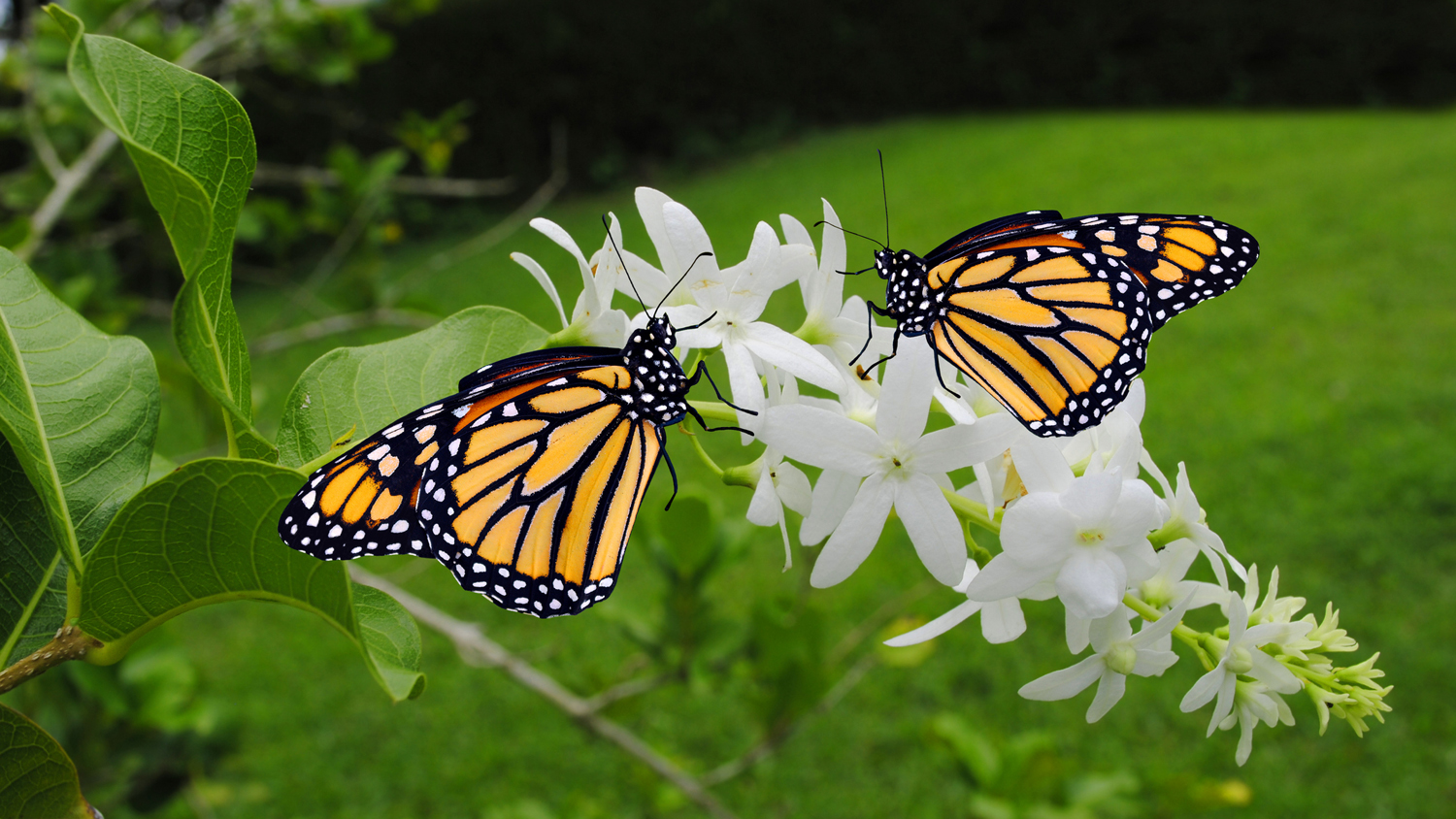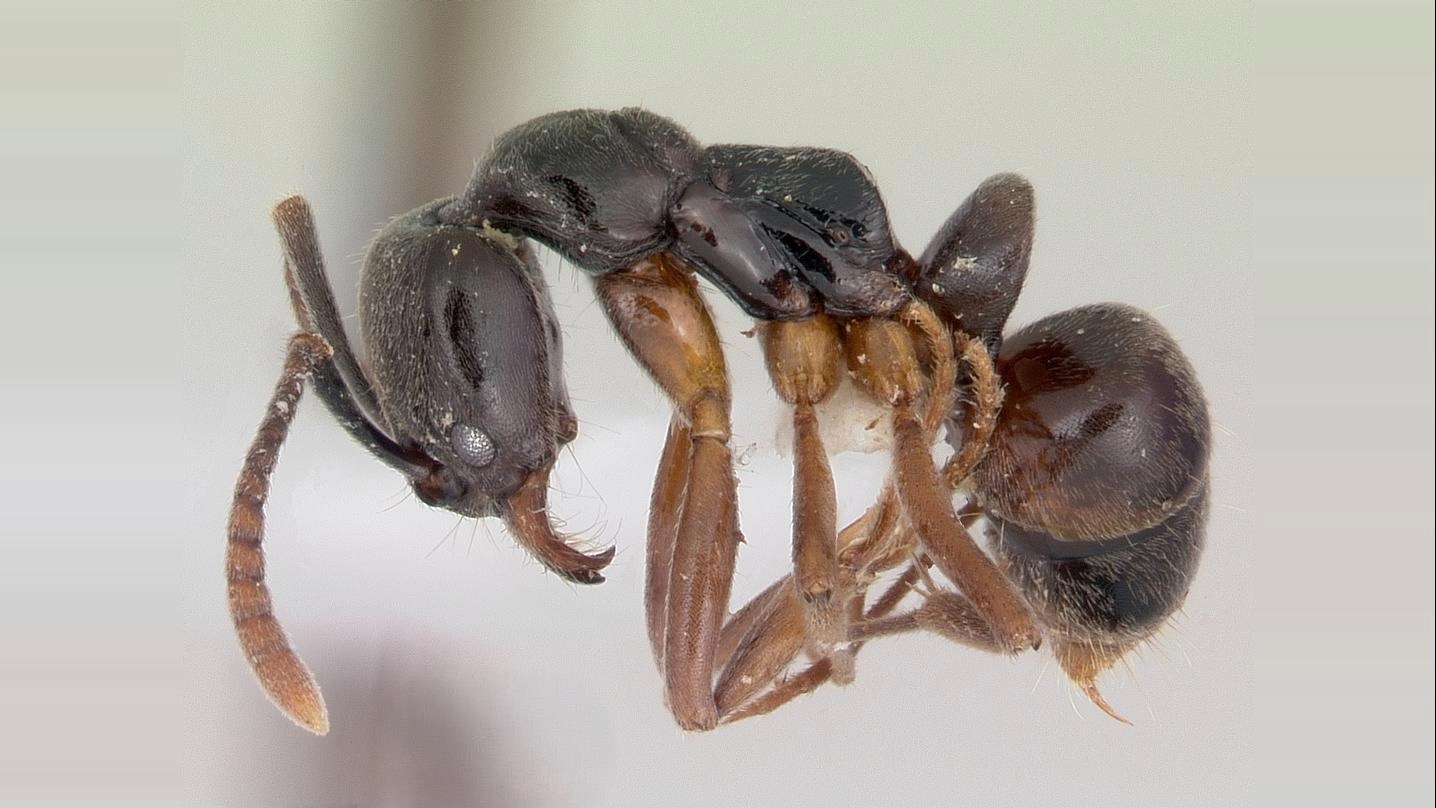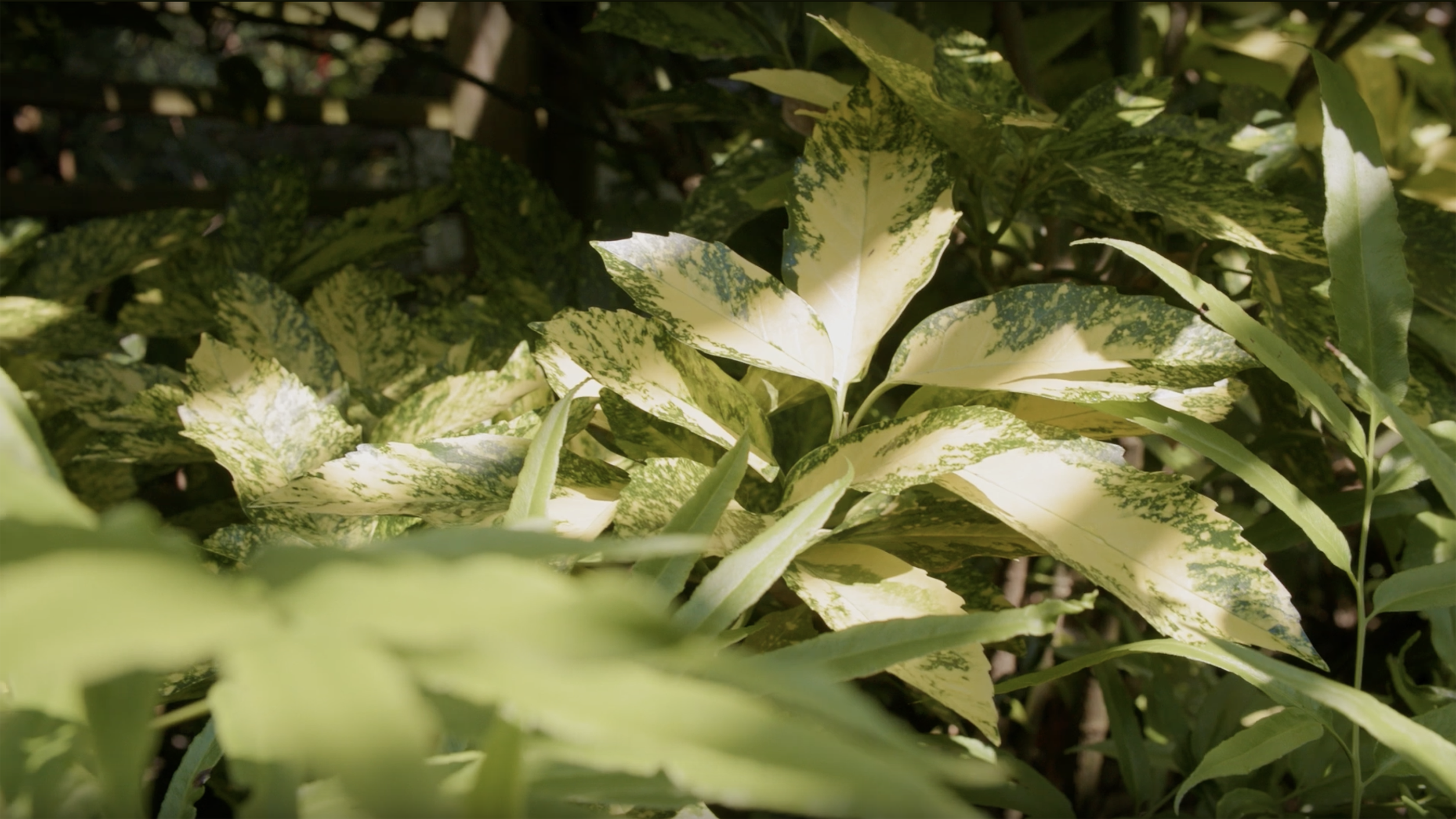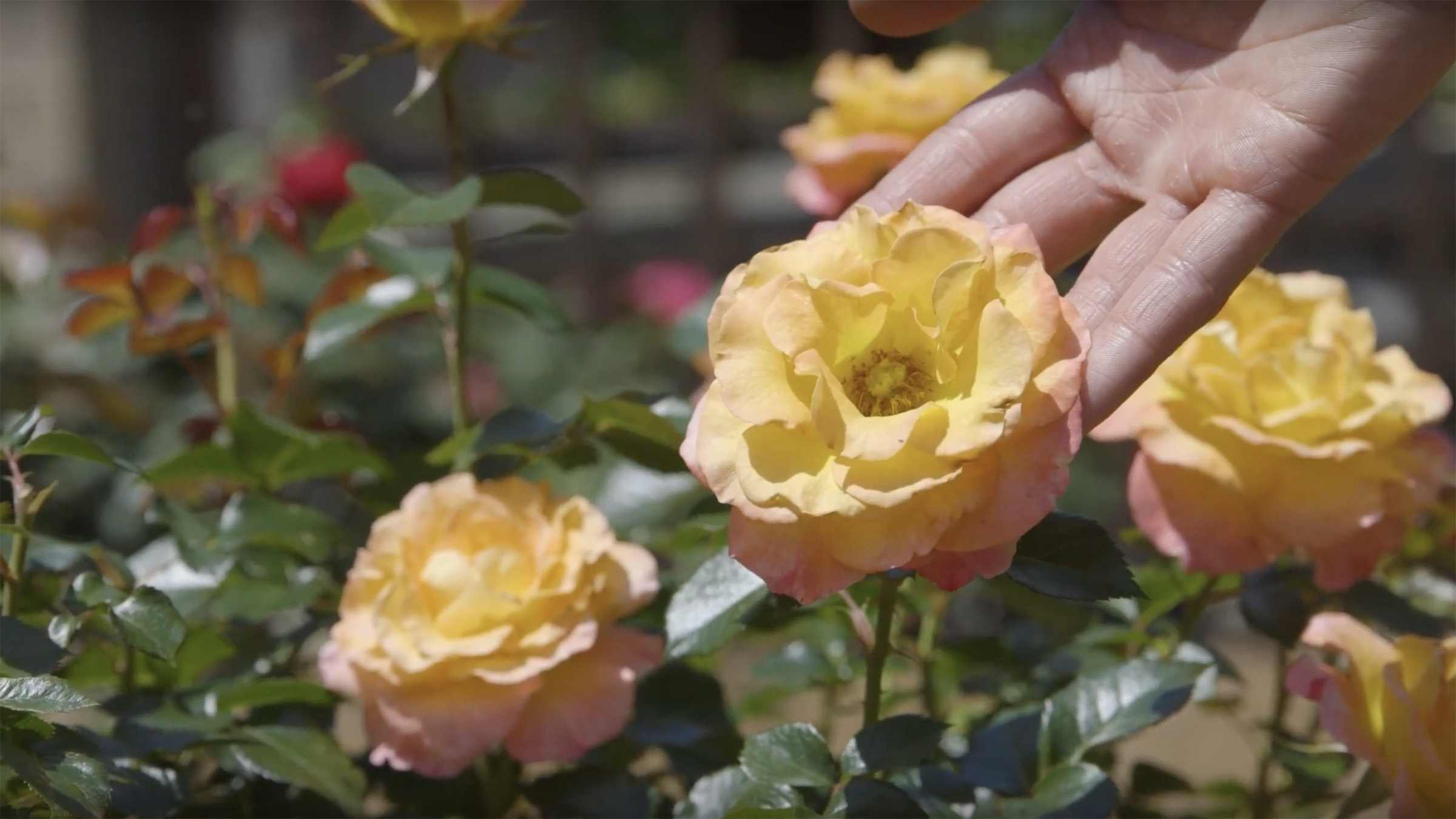Pollinators are essential to the survival of many flowering plants, promoting the production of over 85% of our food and fiber producing crops.
A pollinator is any animal, most often insects like bees or butterflies, that carries pollen from the male to the female parts of flowers for reproduction, usually while feeding and flying from plant to plant.
While wind, water and other factors contribute to plant pollination, most flowering plants rely on birds, bees and butterflies among others. Likewise, each and every one of us depend on productive pollinators to help provide us with the food we eat.
More than 3/4 of the world’s flowering plants, including fruits and vegetables, depend on animal pollinators
Pollinators have been in decline, however, as they struggle to overcome habitat loss, new diseases, pollution and other factors. Healthy, abundant pollinator populations play a vital role in our food systems and in promoting biodiversity.
Watch as Hannah Levenson, Ph.D. student in NC State’s apiculture program, shares an update on efforts to conserve pollinator habitats and how you can begin growing your own pollinator paradise.
The Birds and the Bees (Plant Pollinators)
Honey bees are perhaps the best known pollinator, but a variety of birds and insects help pollinate plants:
- Bees
- Beetles
- Butterflies
- Hummingbirds
- Moths
- Wasps
- …and even Flies!
Pollinator-friendly Plants
The following list provides examples of plants that attract pollinators. For best results, make sure you select a wide variety of native plants that includes something blooming at all times.
Review NC State Extension’s Pollinator Conservation Guide and comprehensive list of pollinator plants for more guidance.
- Asters
- Black-eyed Susan
- Blazing Star
- Coneflower
- Daisy
- Goldenrod
- Milkweed
- Piedmont Azalea
- Sunflower
- Swamp Rose
Check out the BeeSmart Pollinator Gardener app to browse through a database of nearly 1,000 native plants for your landscape.
Find more tips for how to grow a pollinator-protecting garden from NC State University’s Sustainability Office.
- Categories:



